Sociology
Sociology books study human society, social behavior, institutions, and structures.
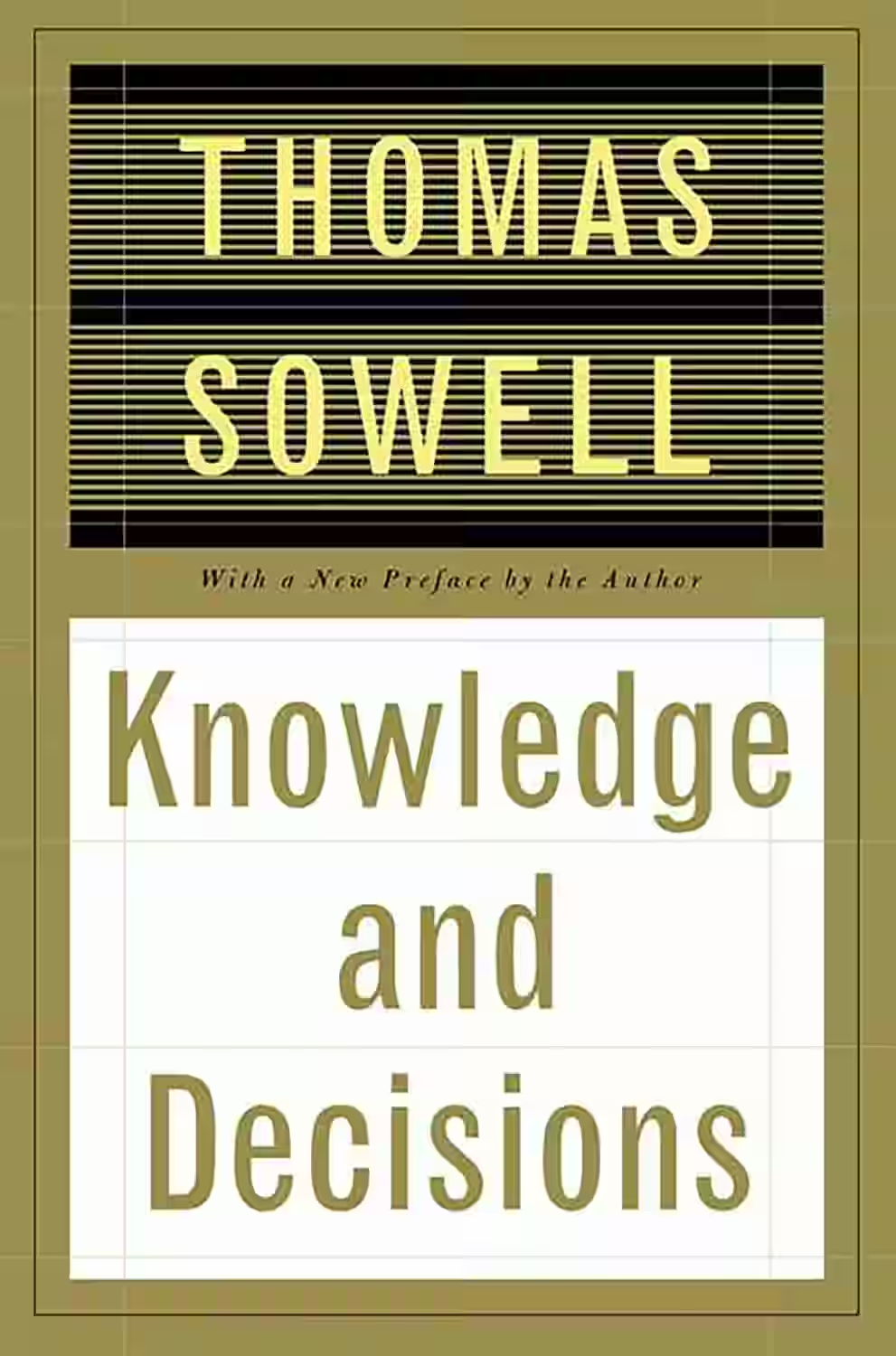
Knowledge and Decisions
Economist and political commentator Thomas Sowell explores how knowledge is distributed and used across different institutions, from markets to governments. He argues that decision-making is most efficient when decentralized and guided by incentives, rather than centralized planning. Sowell highlights how information, incentives, and constraints shape outcomes in society, emphasizing the superiority of systems that allow individuals to act on local knowledge. Rich in economic and philosophical insight, the book critiques technocratic overreach and defends free-market mechanisms. It’s considered one of Sowell’s most intellectually rigorous works, offering a deep framework for understanding how societies function.
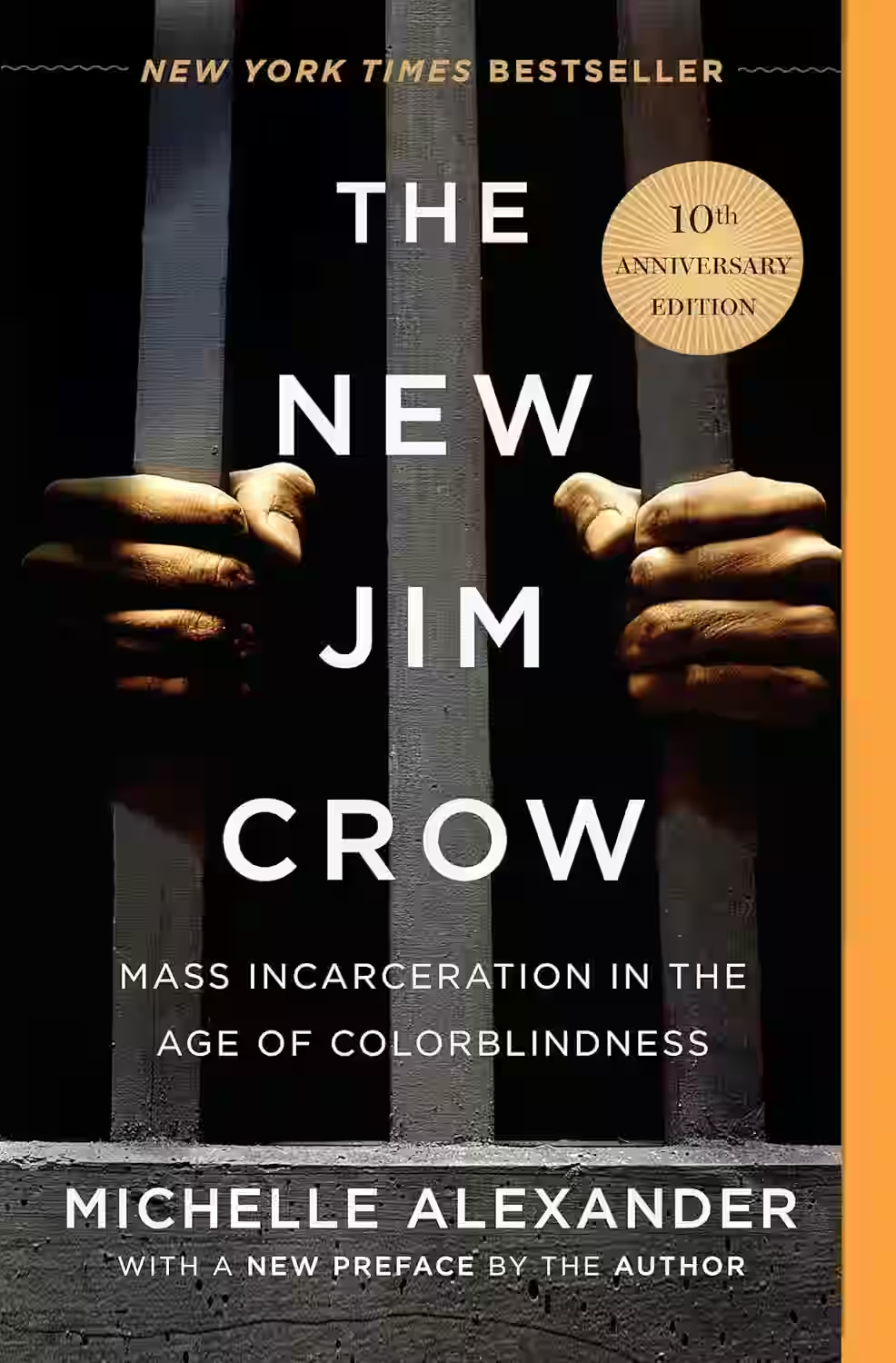
The New Jim Crow: Mass Incarceration in the Age of Colorblindness
In 'The New Jim Crow: Mass Incarceration in the Age of Colorblindness' by Michelle Alexander, readers are confronted with a powerful and meticulously researched examination of the US criminal justice system. Alexander eloquently argues that America's mass incarceration policies have perpetuated a racial caste system akin to the Jim Crow laws of the past, disproportionately affecting Black and Brown communities. Through compelling narratives and sobering statistics, she sheds light on the systemic inequalities, racial profiling, and biases that perpetuate this modern-day form of oppression. This book challenges readers to critically examine the intersection of race, justice, and society, making it an essential read for anyone seeking to understand and address issues of racial injustice in America.

Tinsel: A Search for America's Christmas Present
by Hank Stuever
In 'Tinsel: A Search for America's Christmas Present,' author Hank Stuever delves into the heart of the holiday season, exploring the commercialization, traditions, and emotions surrounding Christmas in modern America. Through a captivating blend of storytelling and insightful analysis, Stuever paints a vivid picture of the ways in which Christmas has evolved to reflect the values and dynamics of contemporary society, from extravagant light displays to heartfelt community gatherings. By dissecting the essence of Christmas present, the book raises thought-provoking questions about consumerism, family, and the true spirit of the season, making it a compelling read for anyone interested in the cultural significance of Christmas.
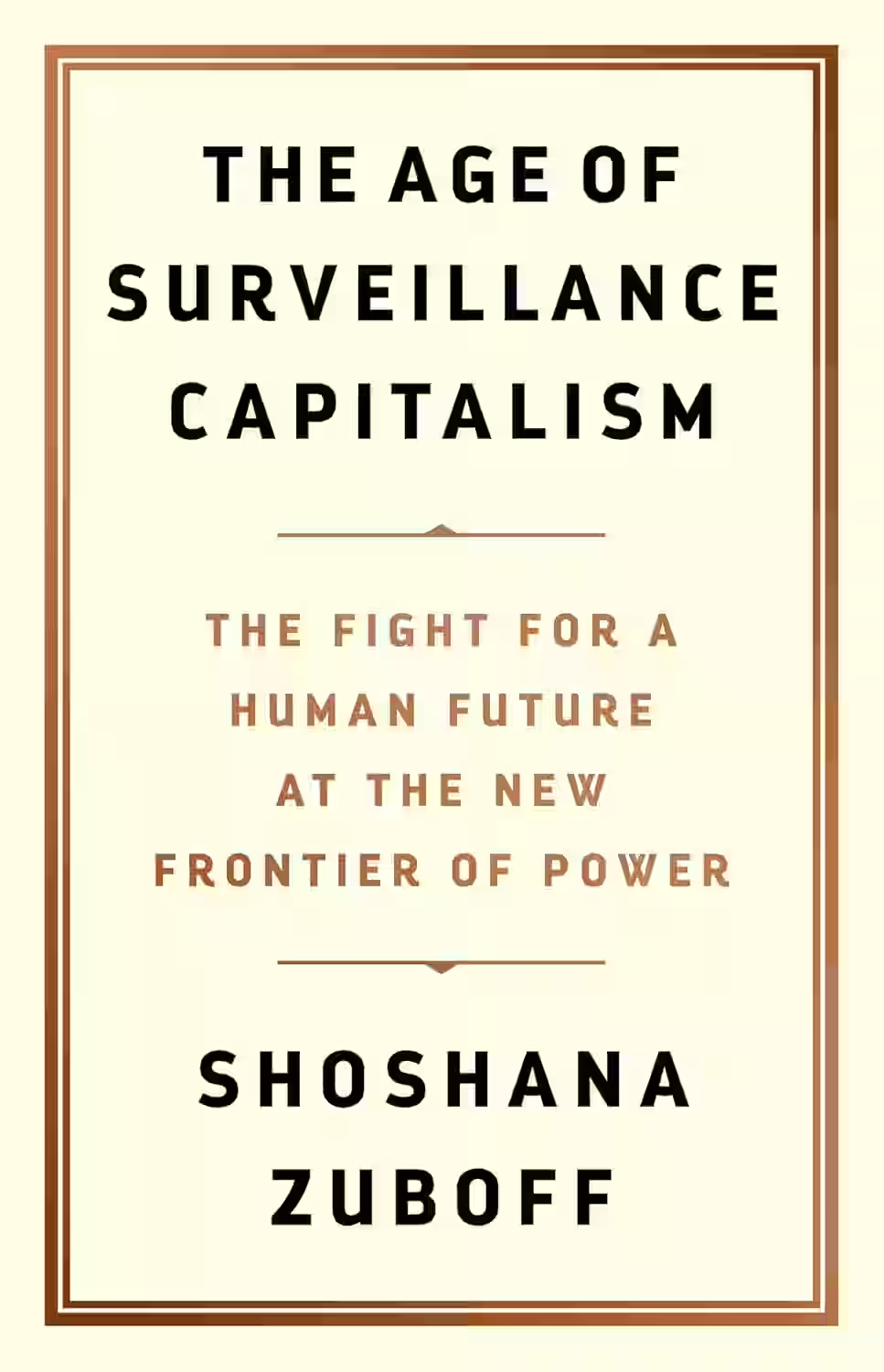
The Age of Surveillance Capitalism
In 'The Age of Surveillance Capitalism', Shoshana Zuboff delves into the pervasive nature of tech giants like Google and Facebook, exploring how they have transformed into surveillance capitalism entities. Through meticulous research and analysis, Zuboff uncovers the methods used by these companies to capitalize on our personal data, ultimately posing a threat to privacy and individual autonomy. She raises crucial questions about the implications of this new form of capitalism on society, democracy, and human freedom. Zuboff's groundbreaking work offers a comprehensive examination of the digital landscape, shedding light on the urgent need for regulations and ethical considerations in the digital age.
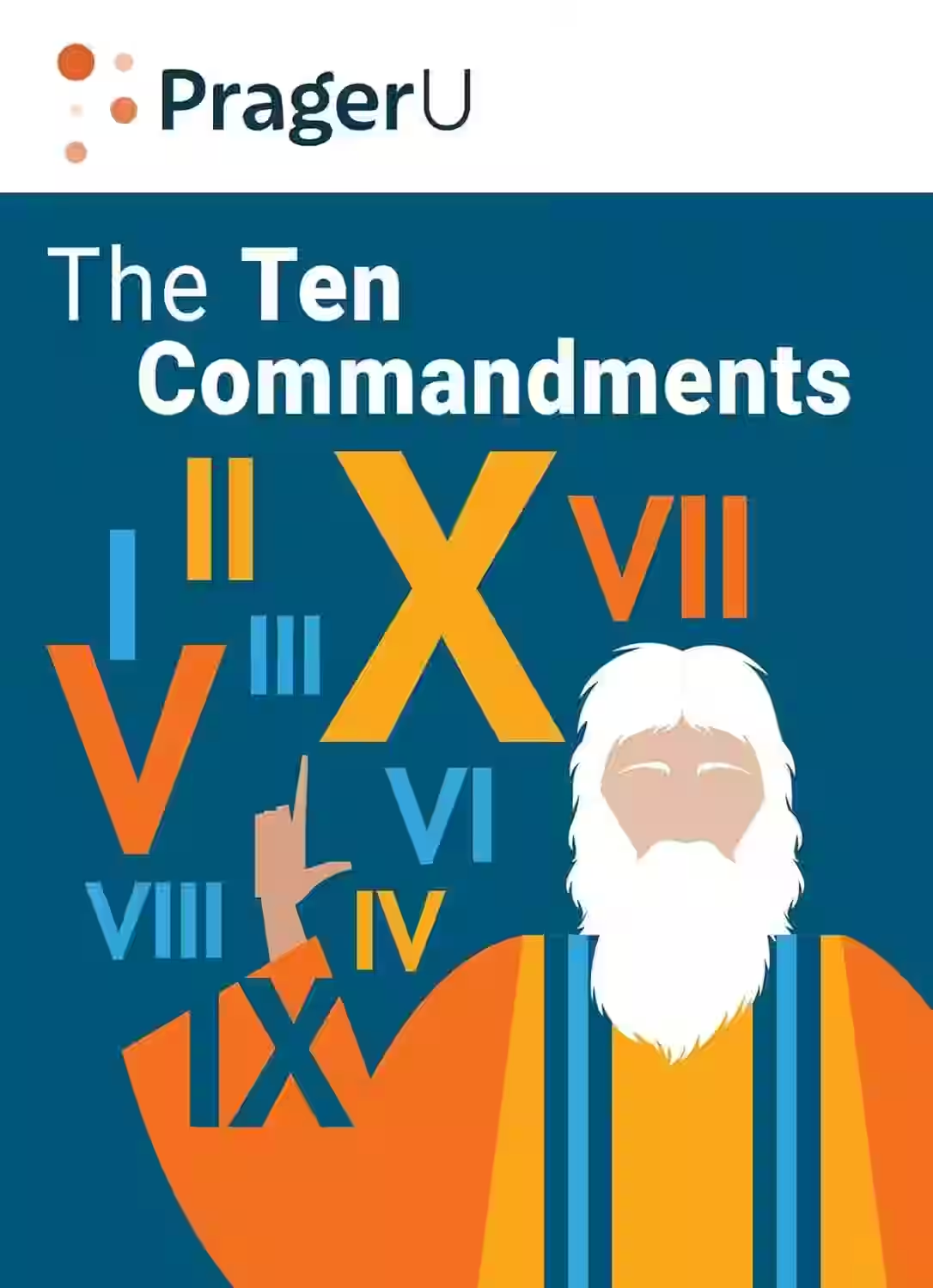
The Ten Commandments: Still the Best Moral Code
In 'The Ten Commandments: Still the Best Moral Code,' Dennis Prager explores the timeless relevance of the Ten Commandments in today's society. Drawing from his background in philosophy and religion, Prager delves into each commandment, discussing their moral significance and practical applications. Through insightful analysis and real-life examples, he argues that following these commandments can lead to a more ethical and fulfilling life. Prager's writing is clear and thought-provoking, making complex moral concepts accessible to readers of all backgrounds. This book challenges readers to reflect on their values and consider the enduring wisdom of the Ten Commandments.
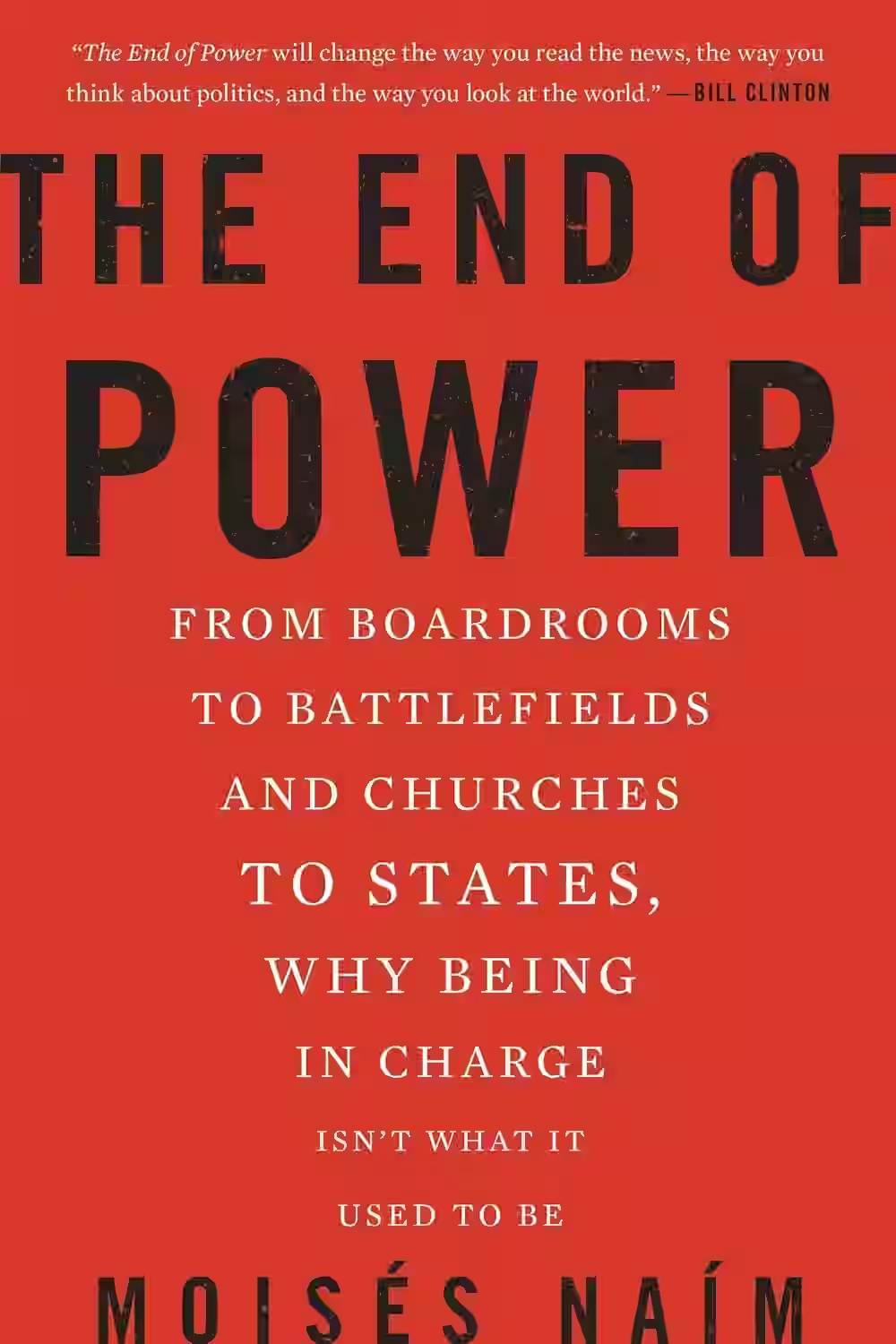
The End of Power
by Moisés Naím
Naím explores a global shift in how power is acquired, wielded, and lost. He argues that power is becoming more widespread but harder to maintain, as traditional institutions lose influence to smaller players and individuals. Through examples in politics, business, military, and religion, Naím shows how the erosion of hierarchy and the democratization of influence are reshaping society. This book challenges assumptions about leadership and authority in the 21st century. As the inaugural selection for Mark Zuckerberg’s book club, The End of Power offers a thought-provoking look at the fragmentation and volatility of modern power structures.
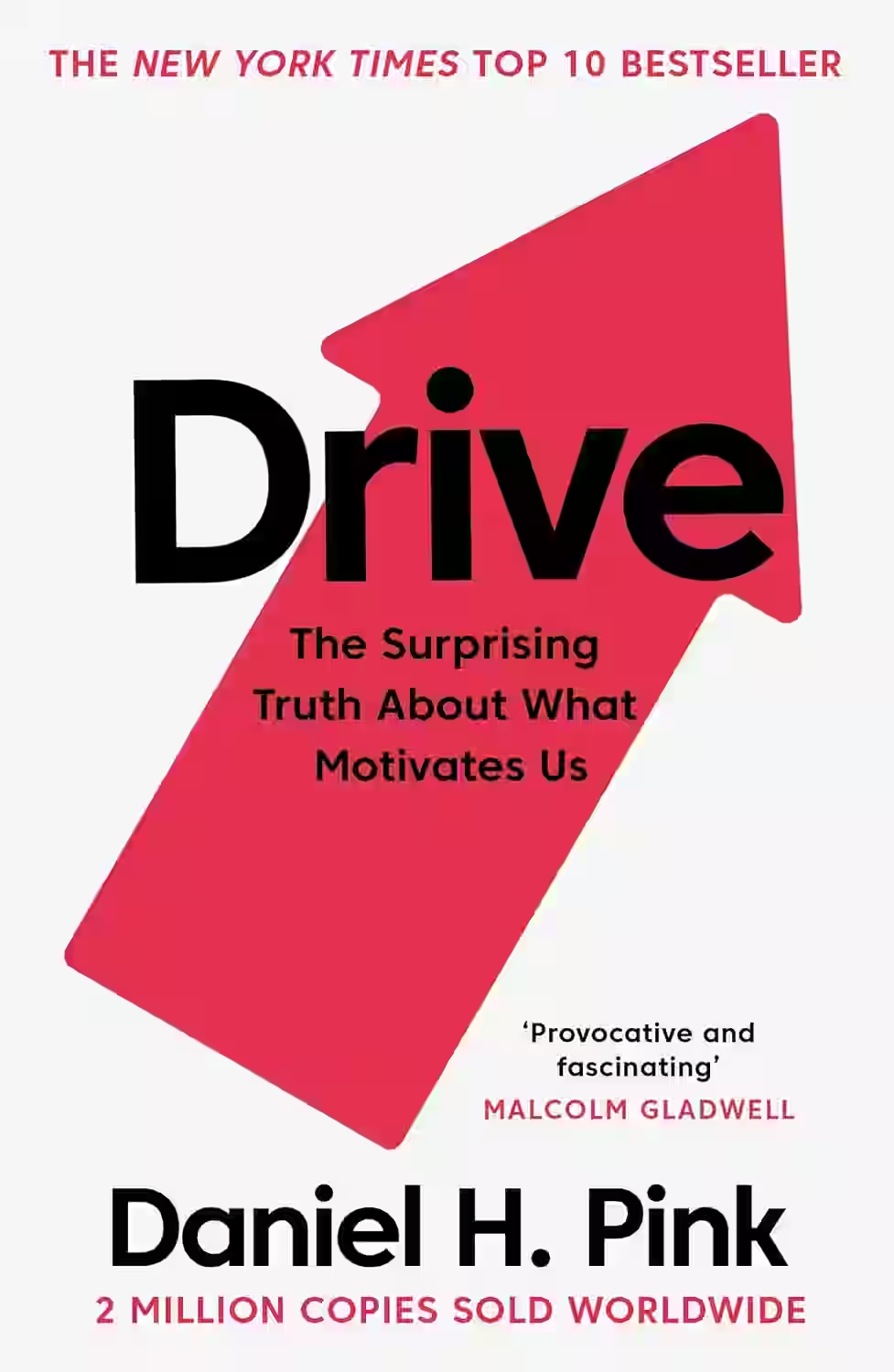
Drive: The Surprising Truth About What Motivates Us
In 'Drive: The Surprising Truth About What Motivates Us,' Daniel H. Pink challenges traditional perceptions of motivation that are rooted in external rewards and punishments. Drawing upon extensive research in psychology and behavioral science, Pink presents a compelling argument for a new framework centered on intrinsic motivation. He introduces three key elements: autonomy, mastery, and purpose, which he believes are essential for fostering sustained engagement and creativity. The book is enriched with real-world examples and practical applications for individuals and organizations looking to harness this internal drive. Pink's accessible writing style and insightful analysis make 'Drive' a thought-provoking read that offers transformative insights into human motivation, capable of influencing business, education, and personal growth strategies.
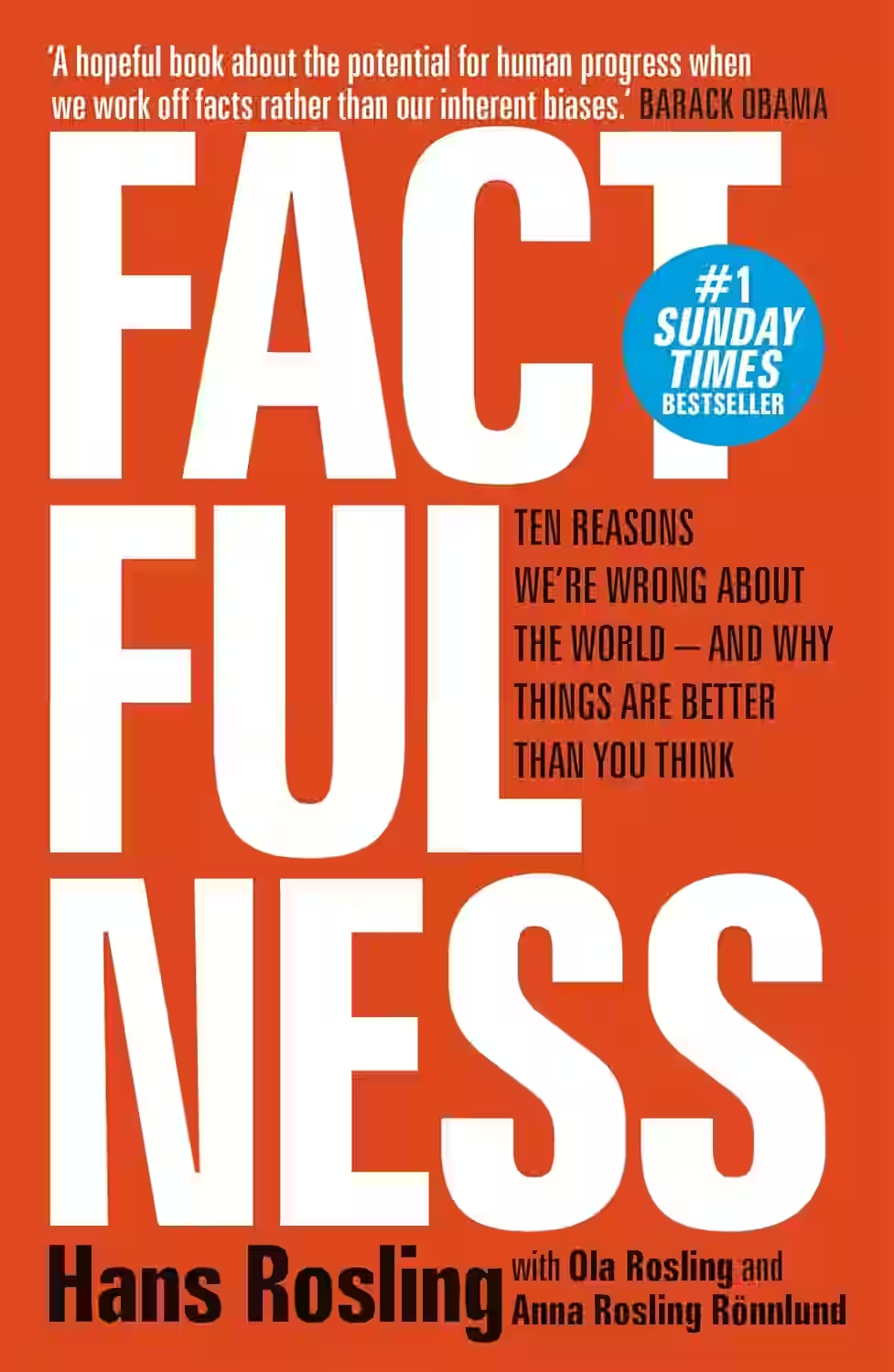
Factfulness
by Hans Rosling, Ola Rosling, Anna Rosling Ronnlund
Factfulness by Hans Rosling, with Anna and Ola Rosling, challenges the way we perceive the world. Most people, including experts, consistently answer basic questions about global trends incorrectly—often worse than chance. Rosling explains why this happens through ten powerful instincts that distort our understanding. With engaging stories and clear data, he shows that while the world isn't perfect, it’s far better than we think. By focusing on facts instead of fear, we gain clarity and calm. Factfulness is an eye-opening, hopeful, and essential read that encourages us to base opinions on evidence—and to focus on real global priorities.
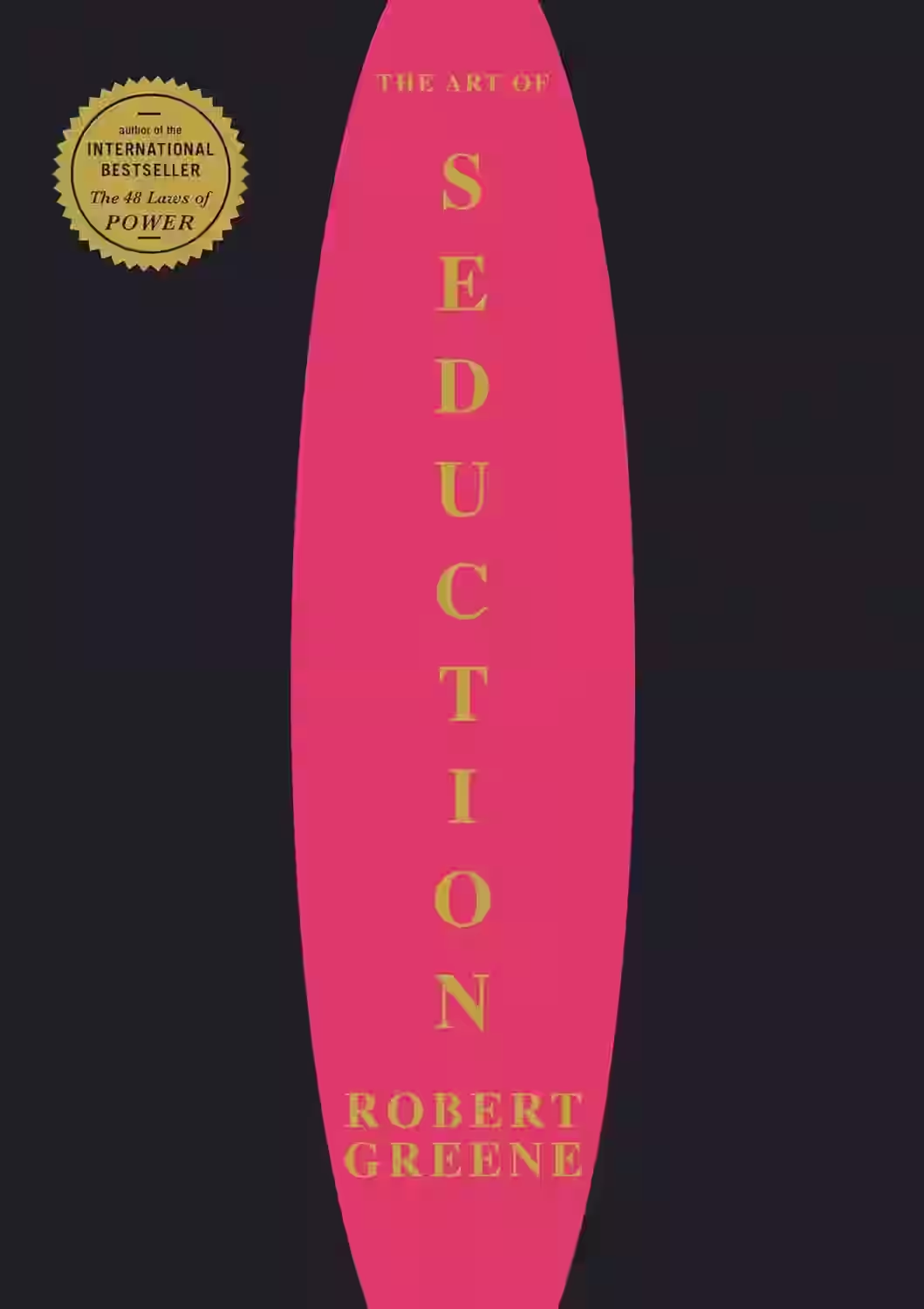
The Art of Seduction
In 'The Art of Seduction,' Robert Greene delves into the intricate and often controversial world of seduction. Through historical anecdotes and psychological insights, Greene offers a guide to mastering the art of seducing others, whether for personal or professional gain. The book explores different seductive archetypes, strategies, and pitfalls, providing readers with a comprehensive understanding of power dynamics and human behavior. While some may find the content manipulative, Greene's work prompts introspection and critical thinking about our social interactions. 'The Art of Seduction' challenges conventional norms and offers a fresh perspective on the complexities of seduction in various relationships.
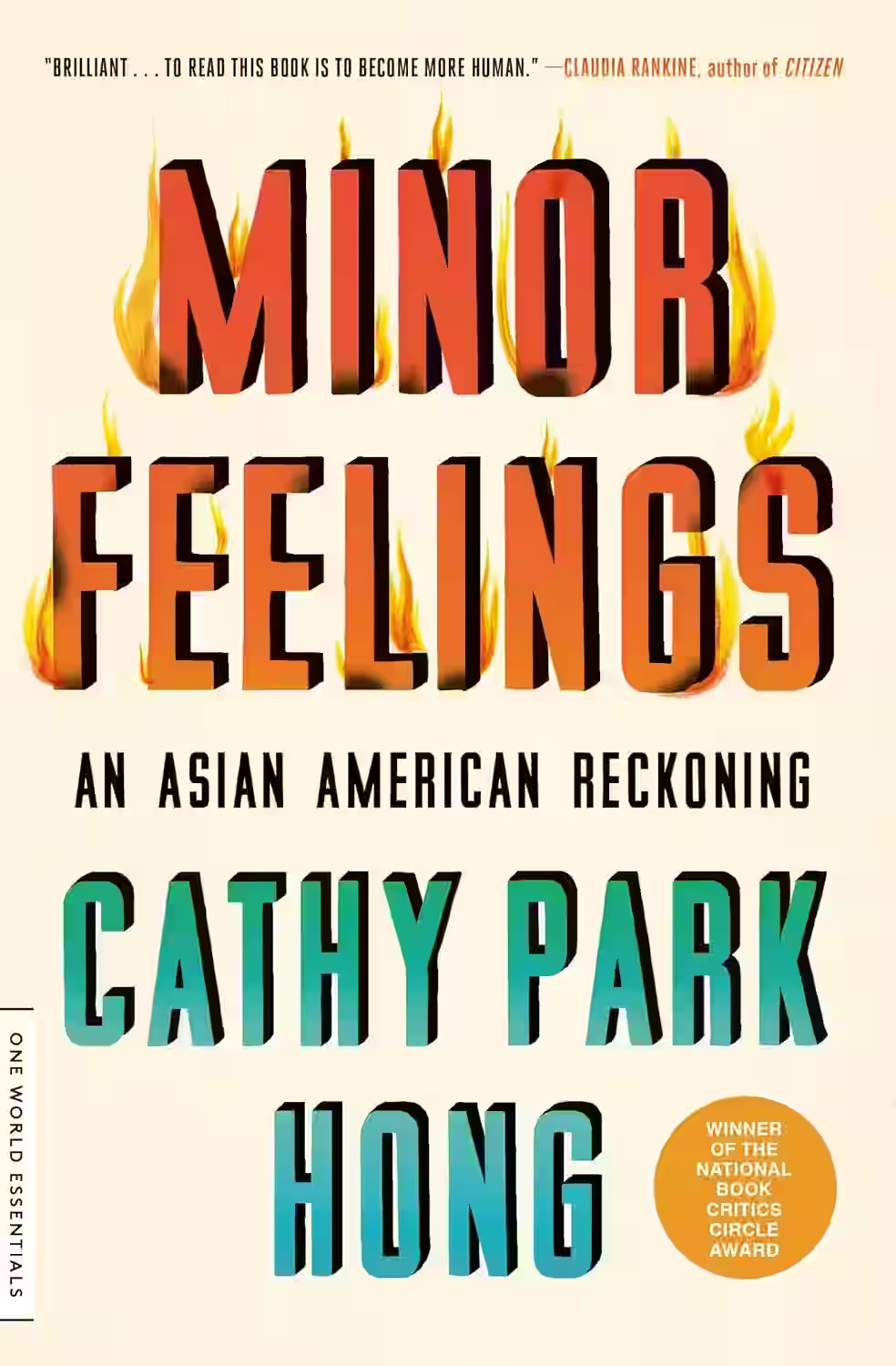
Minor Feelings: An Asian American Reckoning
In 'Minor Feelings: An Asian American Reckoning,' Cathy Park Hong delves into the complex interplay of race, identity, and cultural belonging through a series of poignant essays that challenge conventional narratives. Hong fearlessly tackles the notion of 'minor feelings,' the racialized range of emotions experienced by Asian Americans, providing a raw and honest exploration of how stereotypes and biases shape their lived experiences. She delves into her personal journey, weaving together history, pop culture, and social commentary to offer a profound and thought-provoking reflection on what it means to be Asian American in a society marked by systemic racism and perpetual othering.
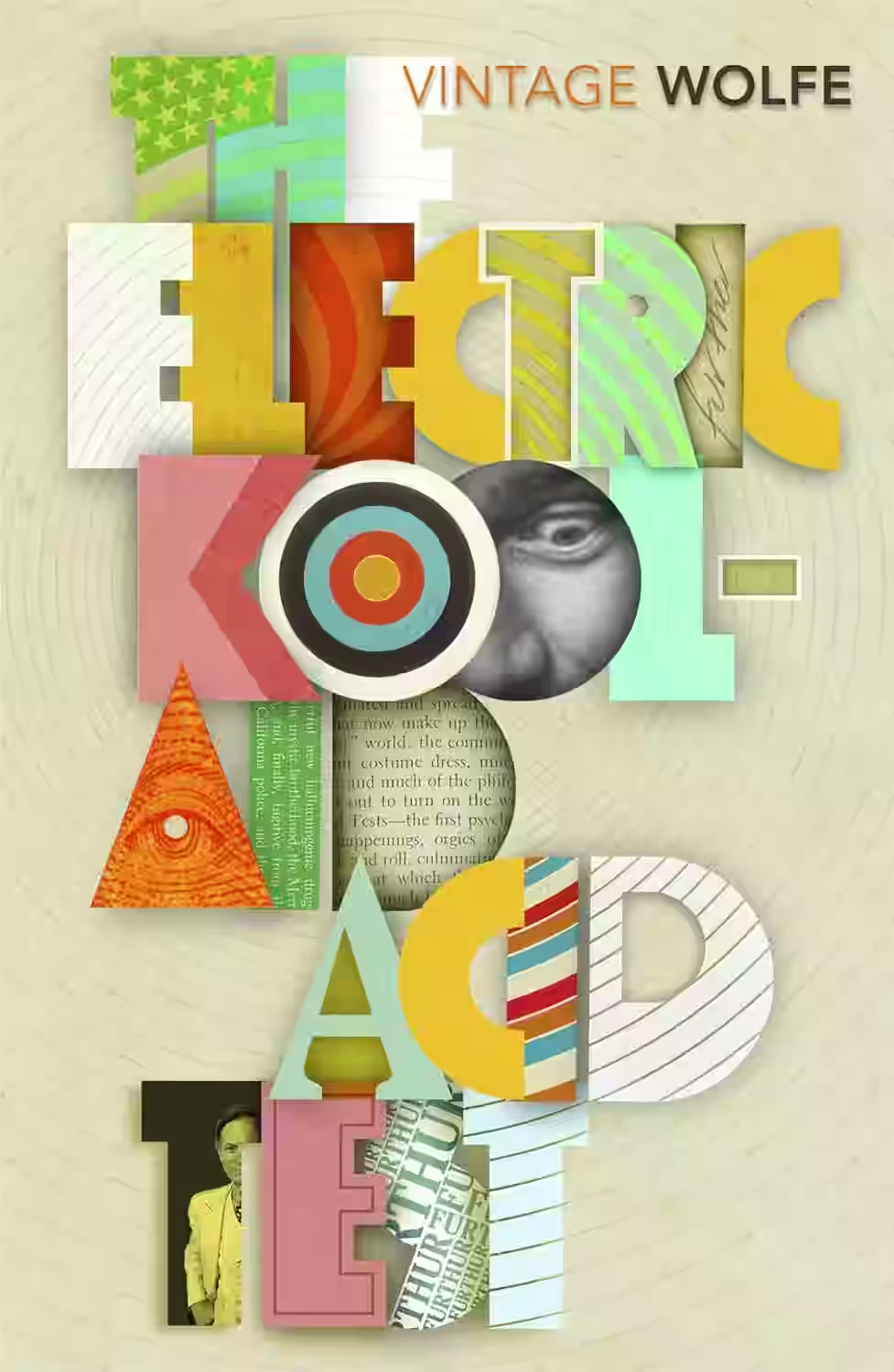
The Electric Kool-Aid Acid Test
by Tom Wolfe
In 'The Electric Kool-Aid Acid Test,' Tom Wolfe takes readers on a wild journey through the psychedelic 1960s counterculture, following author Ken Kesey and his Merry Pranksters as they embark on a cross-country trip on their psychedelic bus 'Furthur.' Wolfe immerses readers in the world of LSD-fueled experiences, artistic experimentation, and the clash between the establishment and the burgeoning hippie movement. Through Wolfe's immersive New Journalism style, the book explores themes of freedom, rebellion, and the search for higher consciousness. 'The Electric Kool-Aid Acid Test' is a seminal work that captures the zeitgeist of its era with vivid prose and unbridled energy.
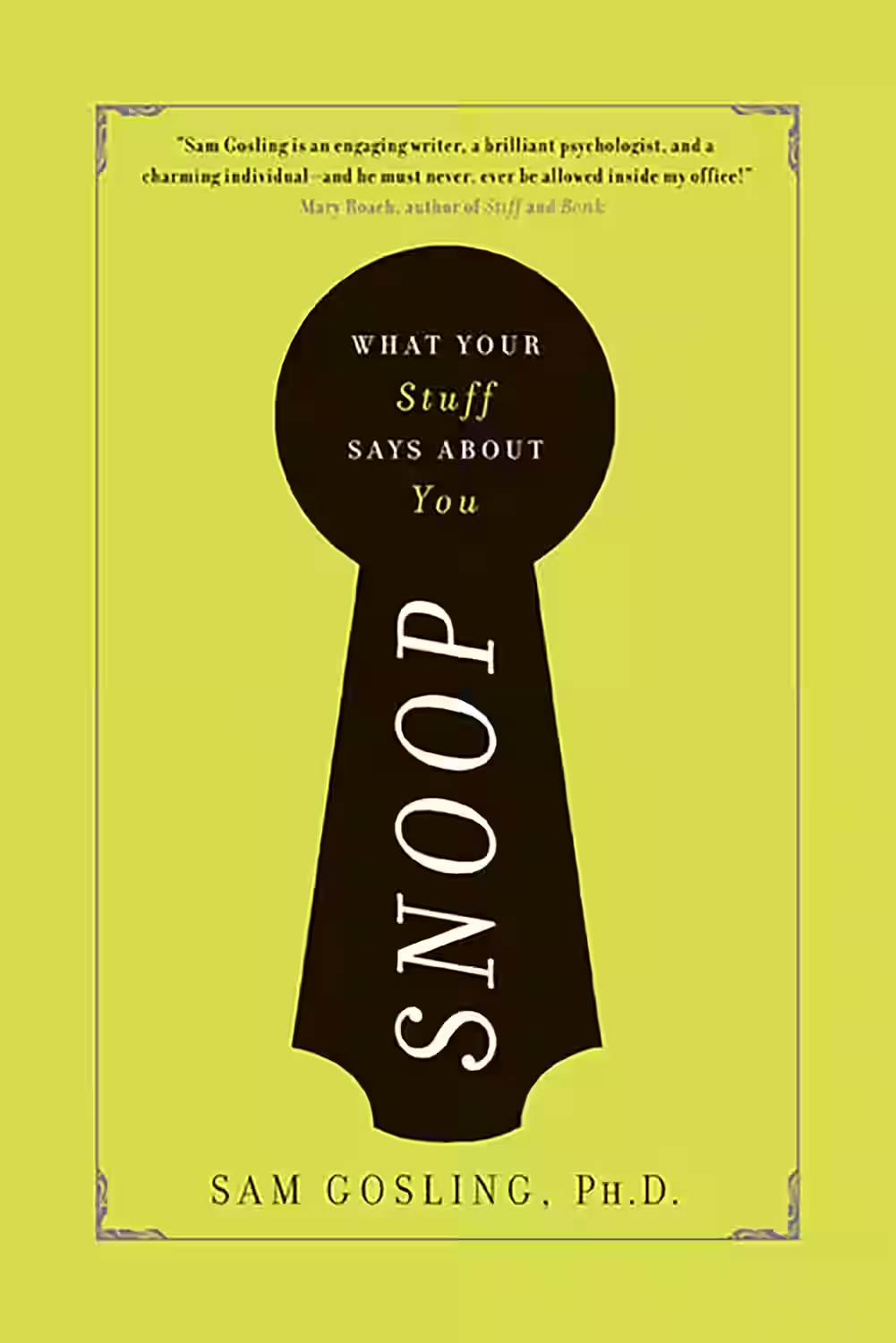
Snoop: What Your Stuff Says About You
by Sam Gosling
In 'Snoop: What Your Stuff Says About You,' psychologist Sam Gosling delves into the fascinating world of how our personal belongings and living spaces can provide deep insights into our personalities. By exploring the concept of 'behavioral residue,' Gosling unlocks the secrets our stuff can reveal about us, from our values and preferences to our habits and emotional states. Through engaging stories and insightful research, he demonstrates how seemingly mundane items like desktop decorations or bedroom organization can offer profound clues into who we are. This eye-opening book invites readers to look at their possessions in a whole new light, sparking self-reflection and a better understanding of themselves and others.
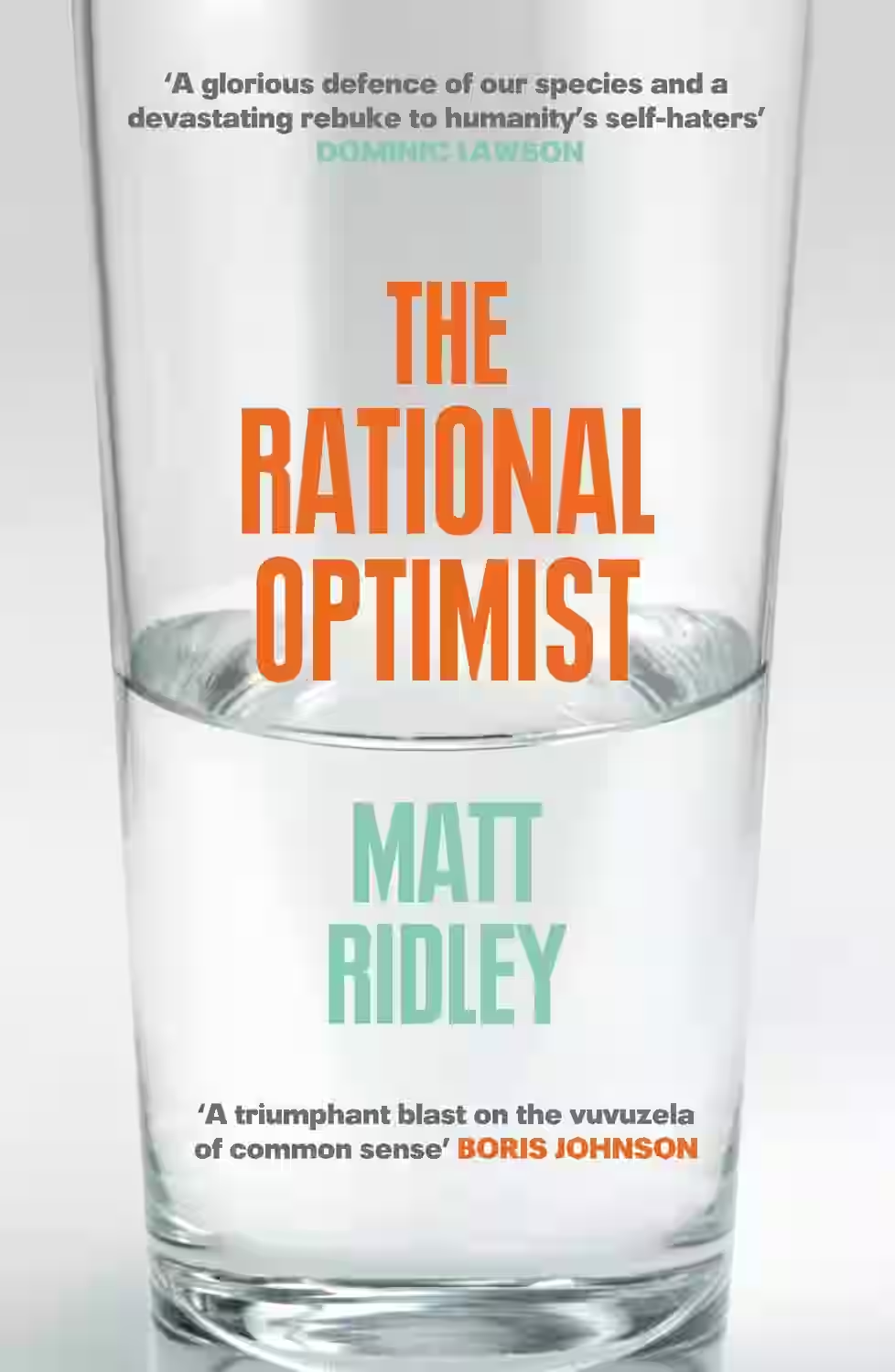
Rational Optimist
by Matt Ridley
Ridley argues that human progress stems from exchange, innovation, and cooperation—not central planning or pessimism. Spanning economics, history, and biology, The Rational Optimist makes a compelling case for why life continues to improve despite global challenges. It’s an optimistic, data-rich celebration of markets, technology, and humanity’s problem-solving nature.
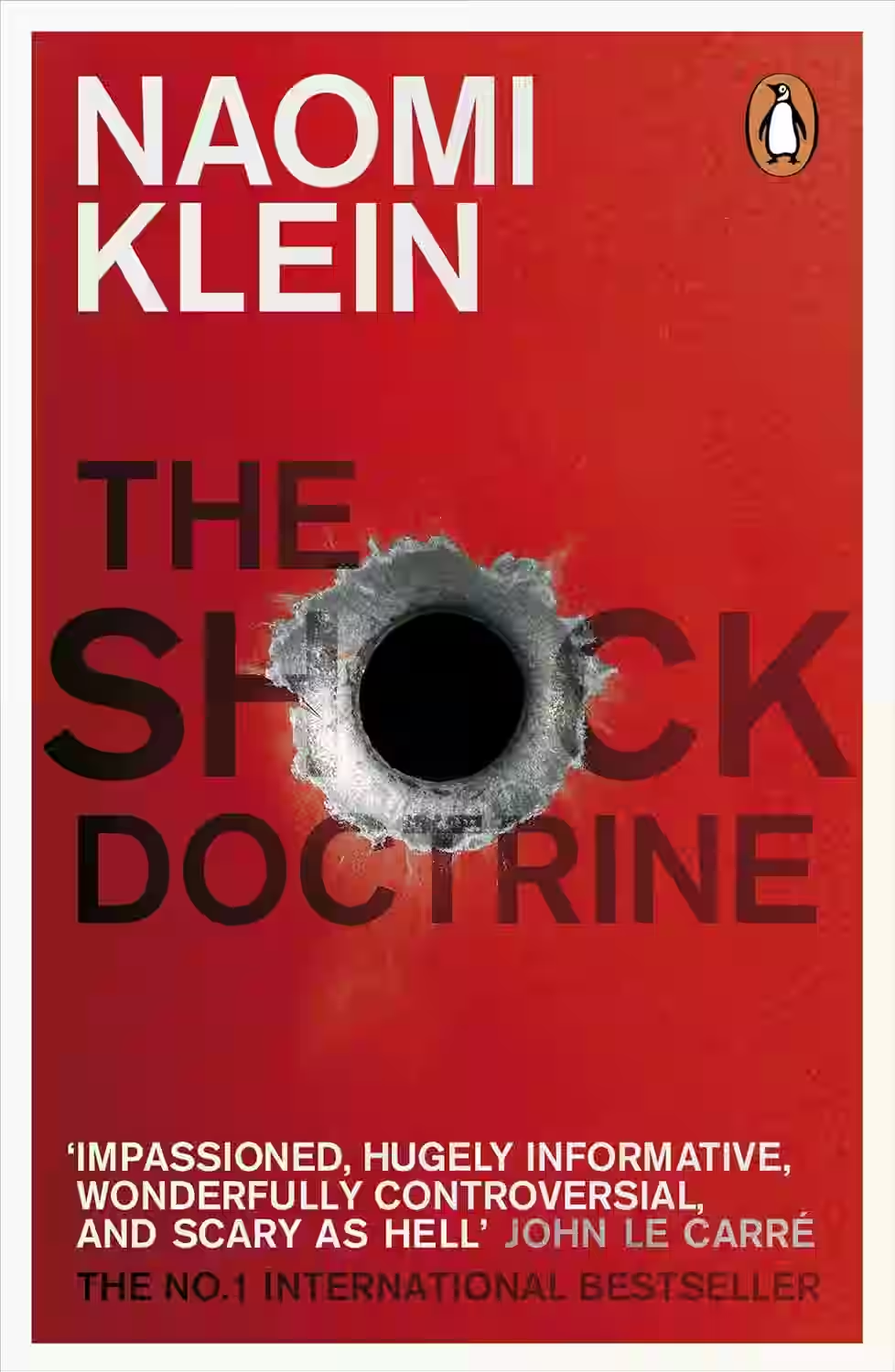
The Shock Doctrine
by Naomi Klein
Naomi Klein's 'The Shock Doctrine' is a thought-provoking and eye-opening exploration of the impact of disaster capitalism on societies worldwide. Through meticulous research and compelling analysis, Klein unveils a pattern where economic elites exploit moments of crisis to push through radical free-market policies, dismantling social structures and widening economic inequality. She takes readers on a journey through various historical and contemporary examples, from Pinochet's Chile to post-Katrina New Orleans, illustrating how this 'shock doctrine' perpetuates a cycle of exploitation and suffering. Klein's narrative is both enlightening and unsettling, urging readers to question the intersection of capitalism and disaster response.
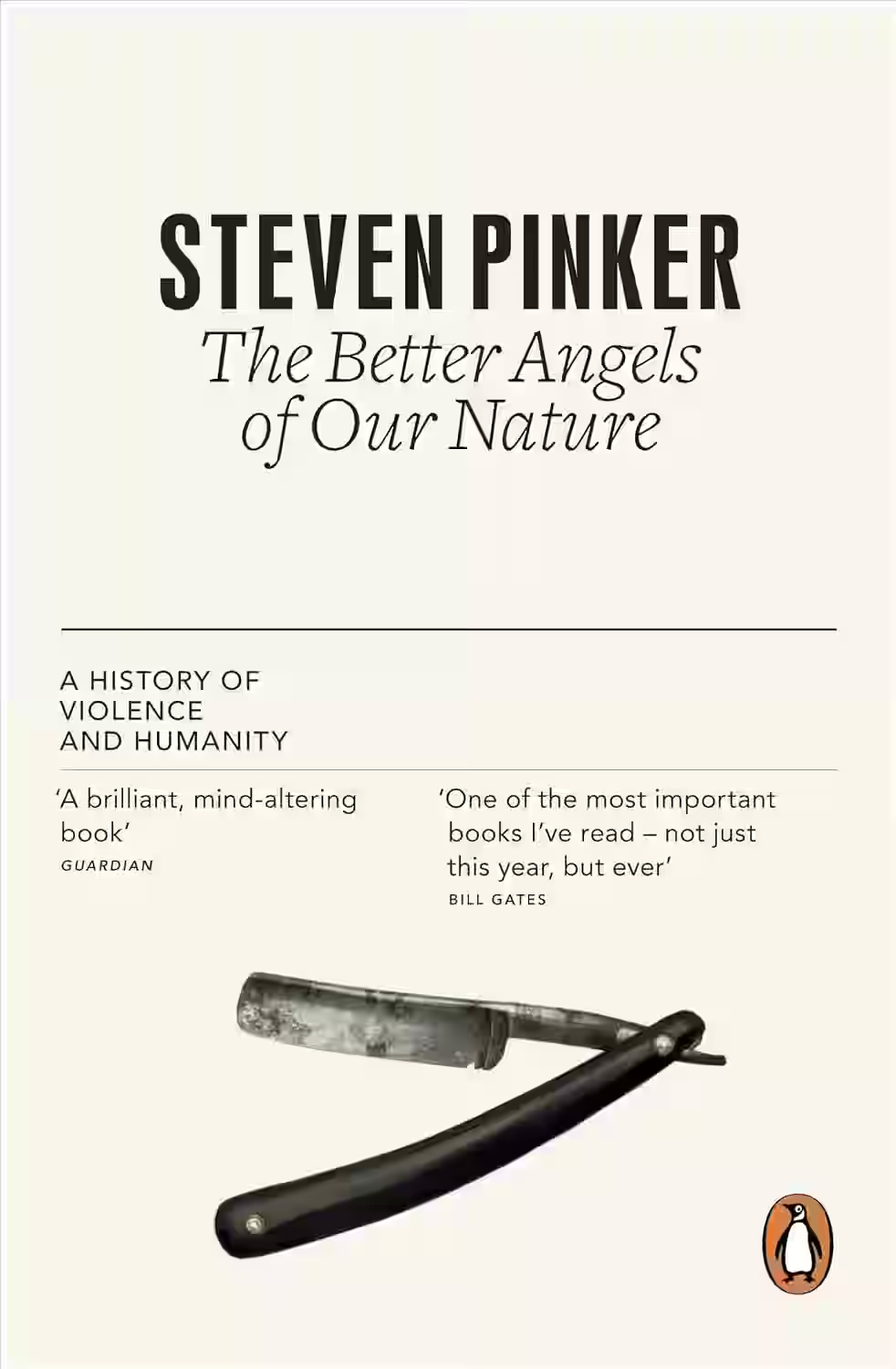
The Better Angels of Our Nature
In The Better Angels of Our Nature, cognitive scientist Steven Pinker argues that, contrary to popular belief, violence has declined significantly over human history. Drawing on data from psychology, history, and political science, Pinker examines how societal changes—such as the spread of literacy, trade, and centralized governance—have contributed to a more peaceful world. He identifies forces like empathy, reason, and moral progress as "better angels" guiding human behavior. Though controversial, the book provides a compelling, data-driven narrative that challenges pessimistic views of human nature and makes a bold case for the progress of civilization over the centuries.
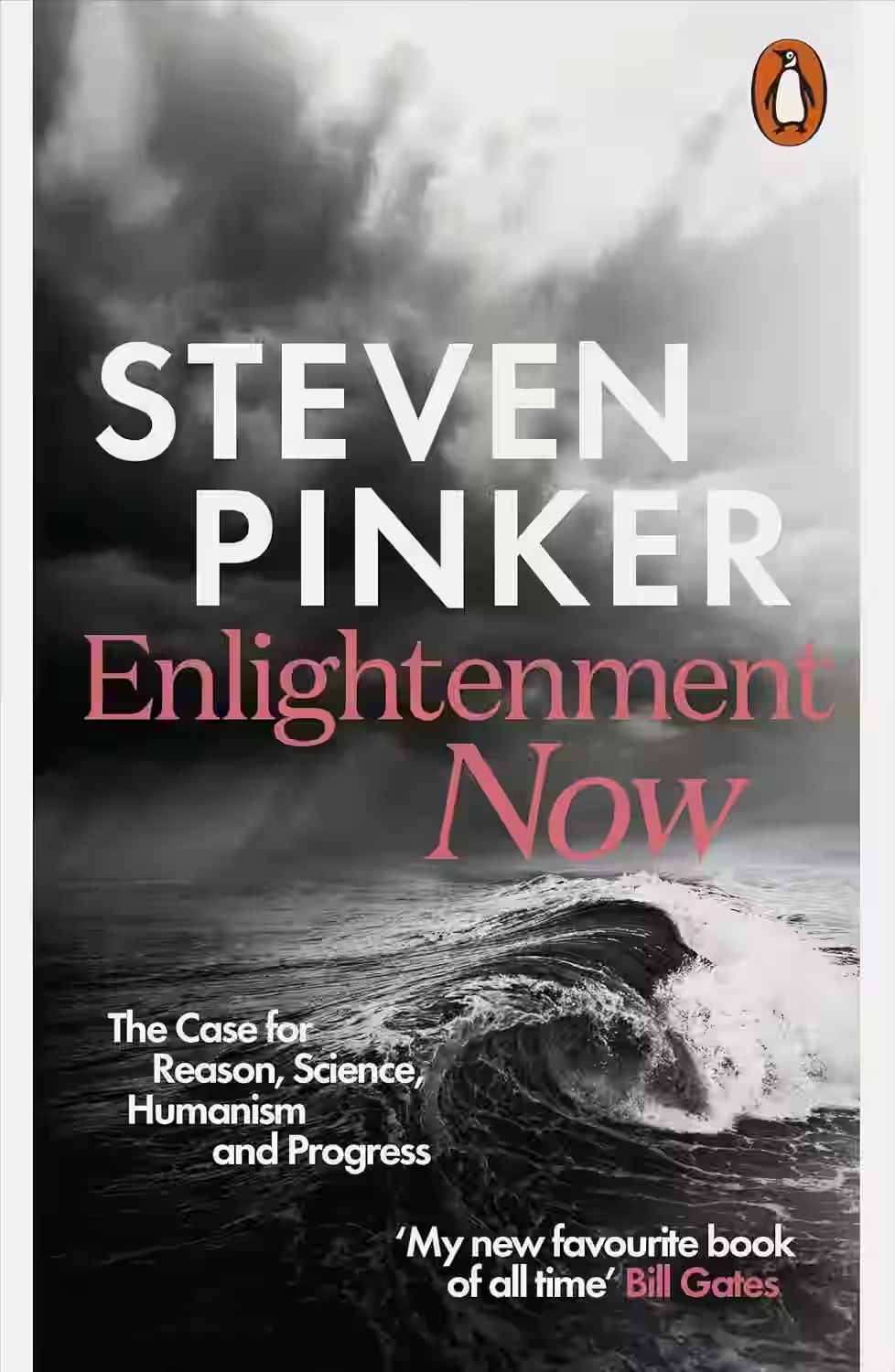
Enlightenment Now
In Enlightenment Now, Steven Pinker defends the values of reason, science, humanism, and progress as the driving forces behind global improvements in health, wealth, safety, and freedom. Using data and visualizations, he argues that despite the doom-and-gloom narratives of modern media, the world is improving across nearly every measurable domain. Pinker traces these advances to Enlightenment principles, advocating for their continued relevance in addressing today’s challenges. Though some critics view his optimism as overly confident, the book offers a powerful counterpoint to cynicism and a celebration of humanity’s capacity to solve problems through knowledge and cooperation.
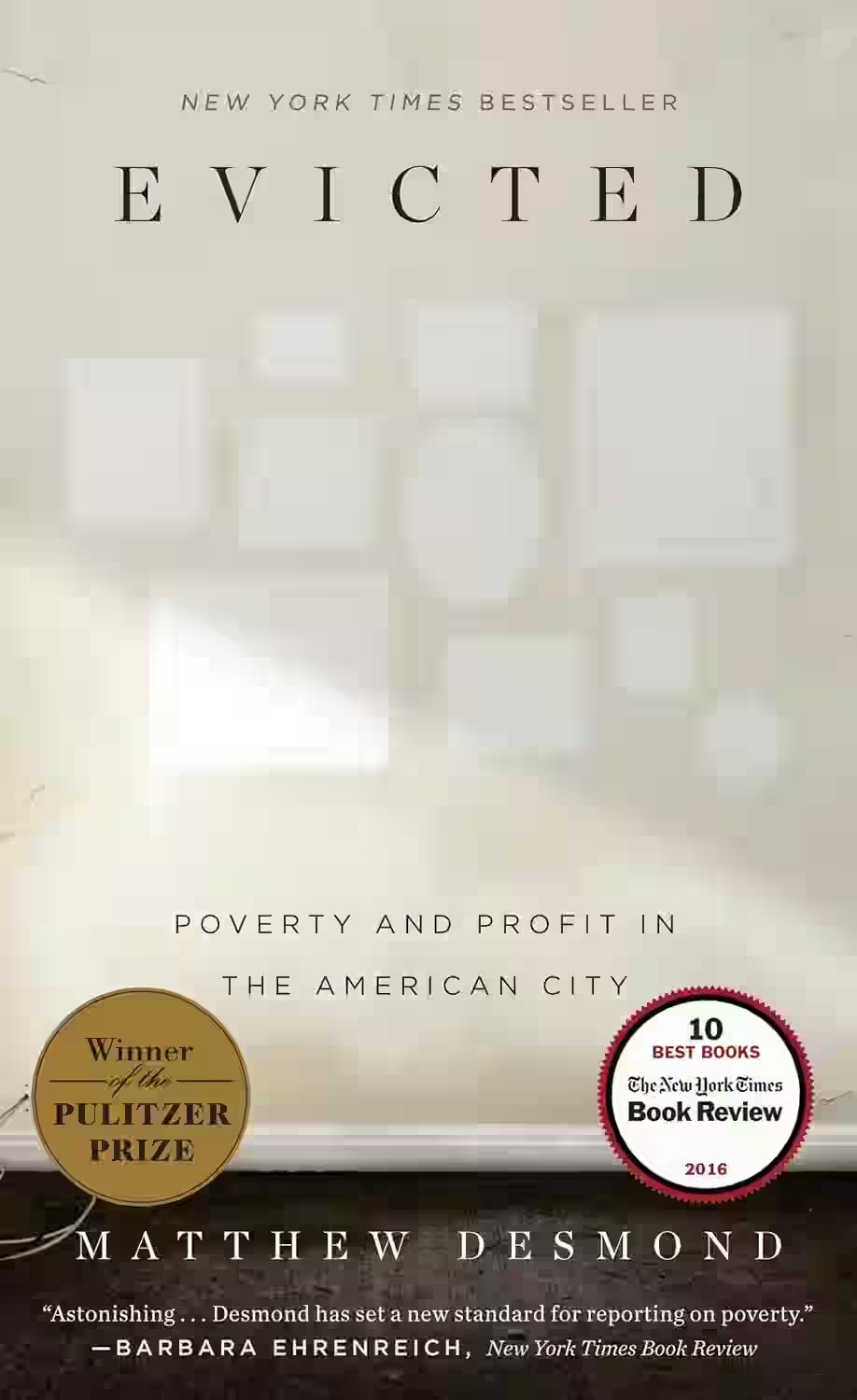
Evicted: Poverty and Profit in the American City
In 'Evicted: Poverty and Profit in the American City,' Matthew Desmond offers a poignant and eye-opening exploration of the devastating impacts of eviction on the lives of the urban poor in America. Through intimate narratives of individuals struggling to keep a roof over their heads, Desmond shines a light on the systemic issues of poverty, housing insecurity, and institutional neglect. This meticulously researched book delves into the complex web of relationships between landlords and tenants, revealing the harsh realities faced by those living on the margins. Desmond's writing is powerful, compassionate, and thought-provoking, challenging readers to confront the inherent injustices of our housing system.
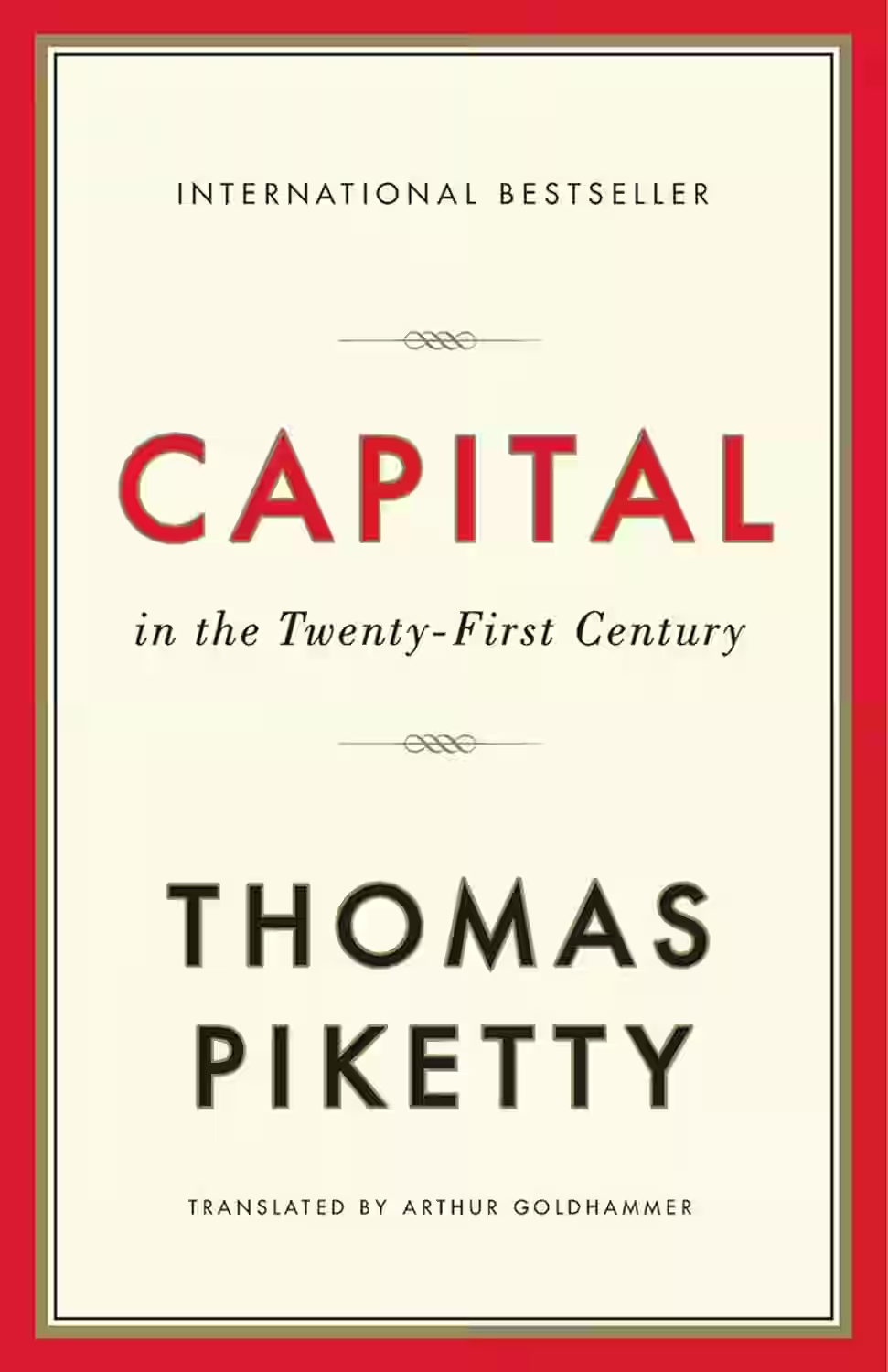
Capital in the Twenty-First Century
In 'Capital in the Twenty-First Century,' Thomas Piketty delves into the dynamics of wealth and income inequality, offering a comprehensive analysis of economic data spanning centuries. Through historical evidence and theoretical frameworks, Piketty explores how capitalism inherently leads to the concentration of wealth in the hands of a few, exacerbating social disparities. He emphasizes the role of inherited wealth and argues for a global wealth tax to address growing inequality. This seminal work challenges conventional economic theories and sparked worldwide debates on wealth distribution and taxation policies.
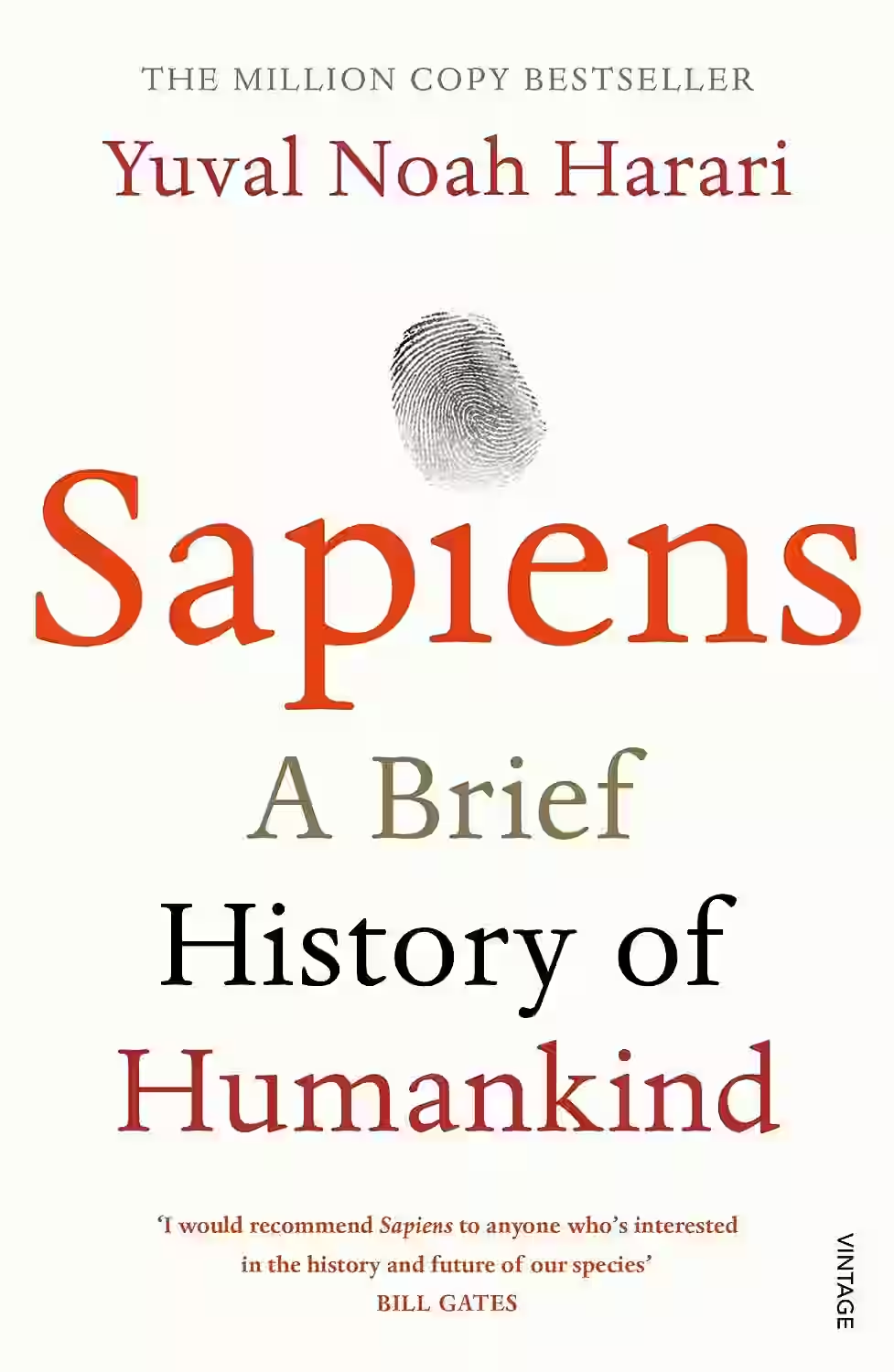
Sapiens: A Brief History of Humankind
Yuval Noah Harari's Sapiens charts the epic history of humankind, from early Homo sapiens to today's complex world. It explores the Cognitive, Agricultural, and Scientific Revolutions that defined our development. Harari examines the role of shared beliefs in enabling mass cooperation and questions the essence of our humanity and future. This insightful work offers a broad perspective on our origins, progress, and the challenges we face.
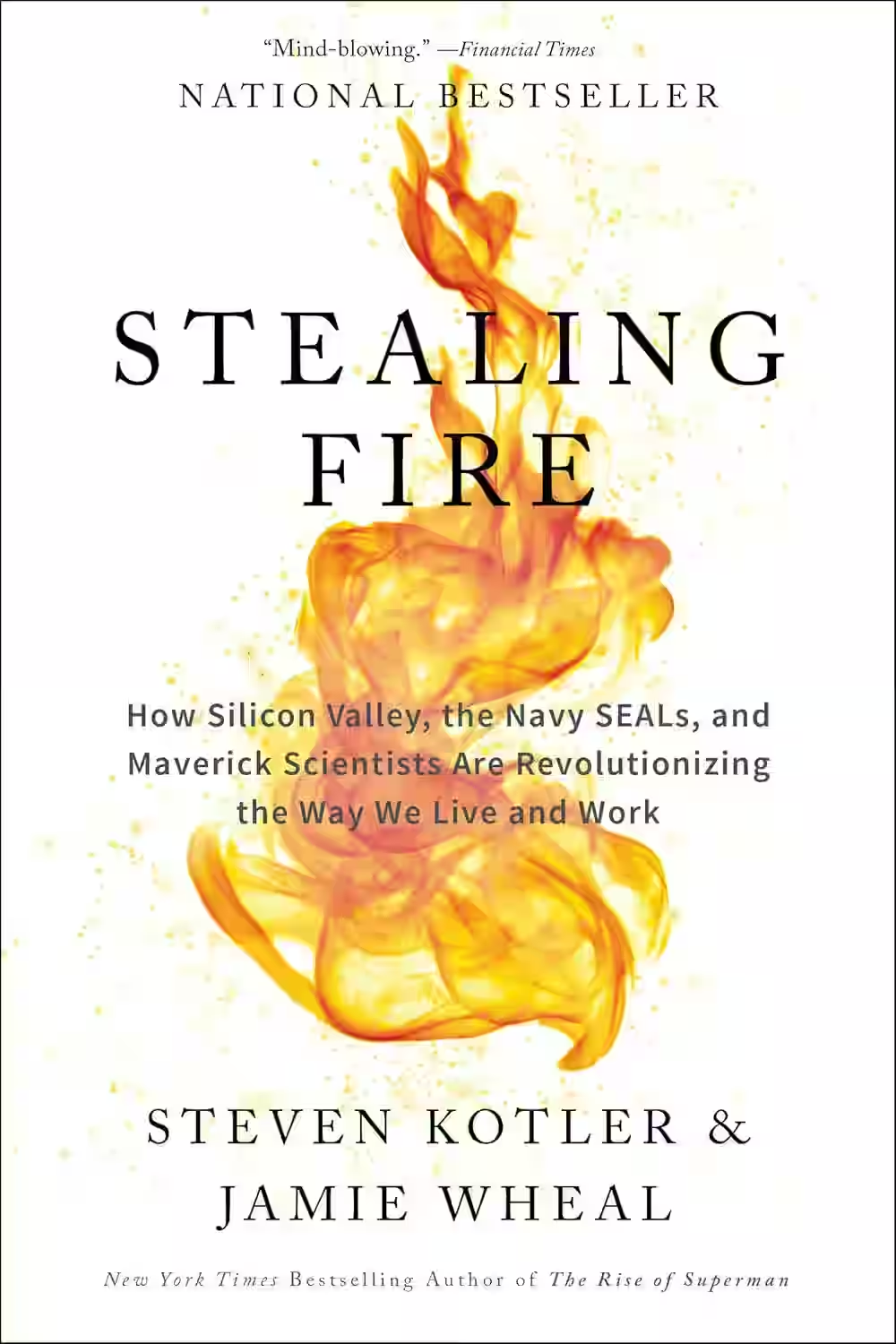
Stealing Fire: How Silicon Valley, the Navy SEALs, and Maverick Scientists Are Revolutionizing the Way We Live and Work
In 'Stealing Fire' by Steven Kotler, readers are taken on a profound journey exploring how Silicon Valley innovators, Navy SEALs, and visionary scientists are reshaping our understanding of human potential and performance. Through captivating storytelling, Kotler delves into the worlds of peak performance, altered states of consciousness, and the pursuit of ecstasis, offering insights on how these realms intersect to drive creativity and productivity in our lives and workplaces. By shedding light on cutting-edge techniques and technologies, the book challenges conventional thinking and inspires readers to tap into their untapped capabilities. 'Stealing Fire' is a compelling exploration of the frontiers of human achievement and a testament to the power of pushing boundaries.
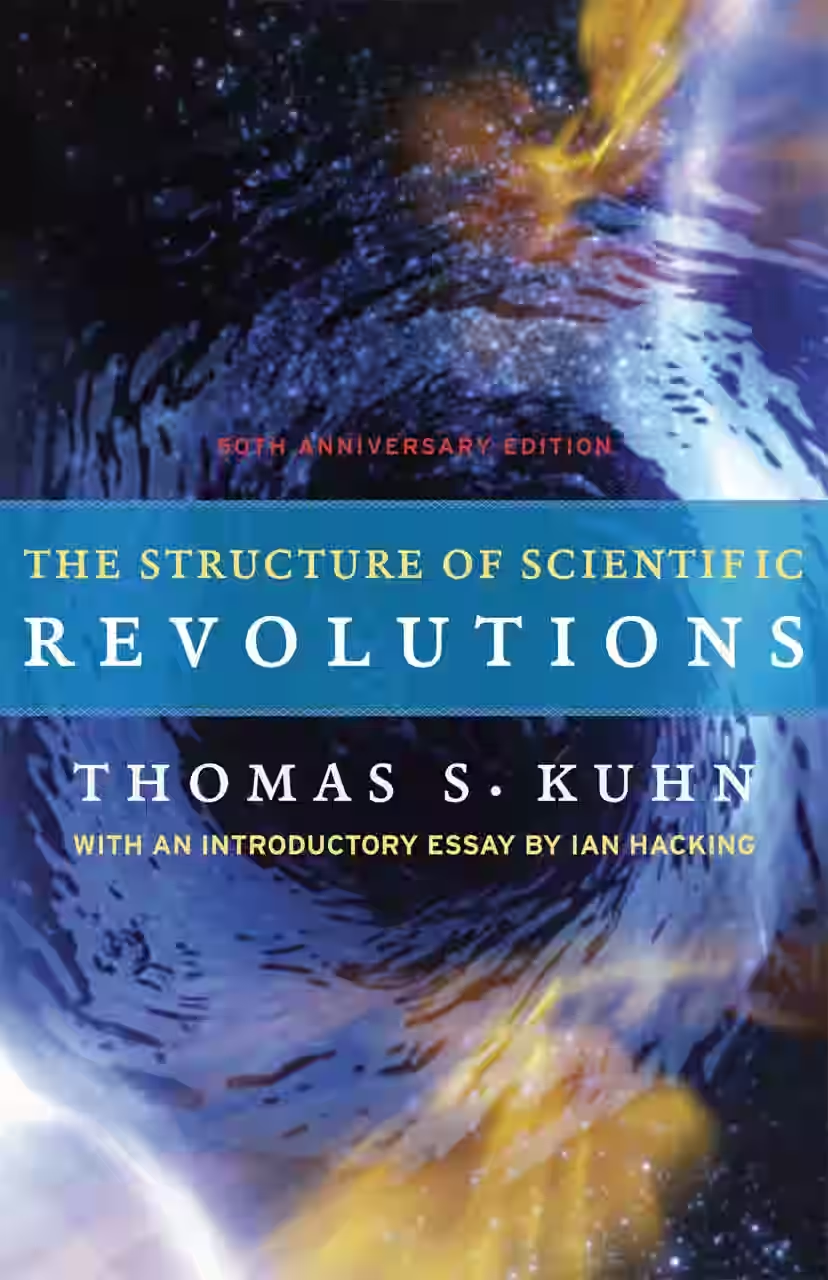
The Structure of Scientific Revolutions
Kuhn’s seminal work revolutionized how we understand science. He argues that scientific progress doesn’t occur gradually, but through paradigm shifts—periods of radical change in fundamental frameworks. Normal science operates within accepted paradigms until anomalies accumulate, prompting a crisis and eventual revolution. Kuhn uses historical case studies to illustrate this cycle, challenging the belief in linear scientific advancement. First published in 1962, The Structure of Scientific Revolutions has had a lasting impact on the philosophy of science, influencing fields from sociology to history. It remains essential reading for anyone seeking to understand how scientific knowledge evolves.
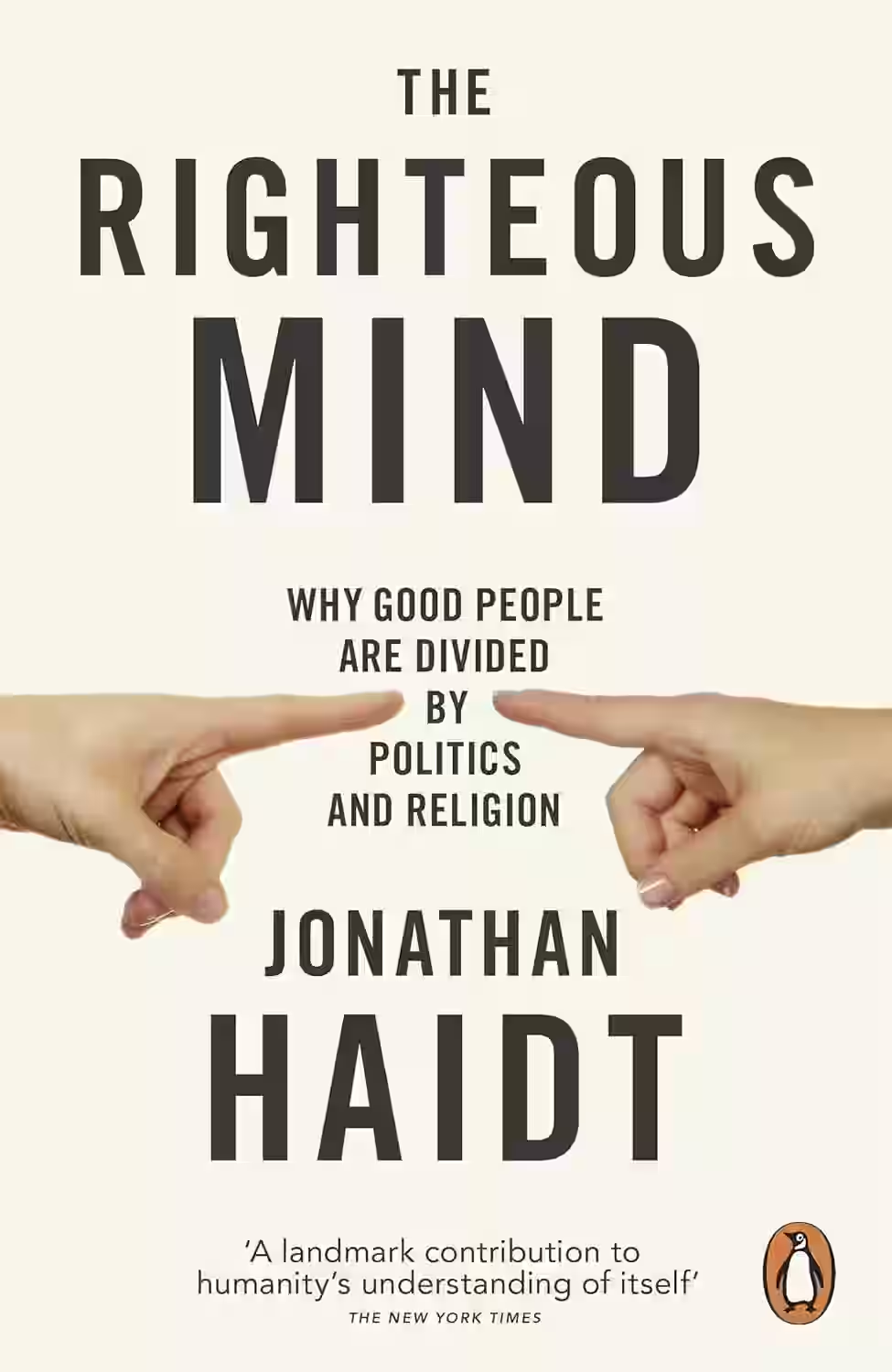
The Righteous Mind
In 'The Righteous Mind,' Jonathan Haidt delves into the psychological roots of morality, arguing that our moral judgments are primarily based on intuition rather than reasoning. Haidt explores how our political and social beliefs are influenced by our moral foundations, challenging readers to consider differing perspectives with empathy and understanding. Through engaging anecdotes and thought-provoking research, he presents a compelling case for the importance of moral diversity in society. This book offers profound insights into the complexities of human morality and provides a roadmap for bridging ideological divides. 'The Righteous Mind' is a must-read for anyone seeking to grasp the fundamental forces shaping our beliefs and behavior.
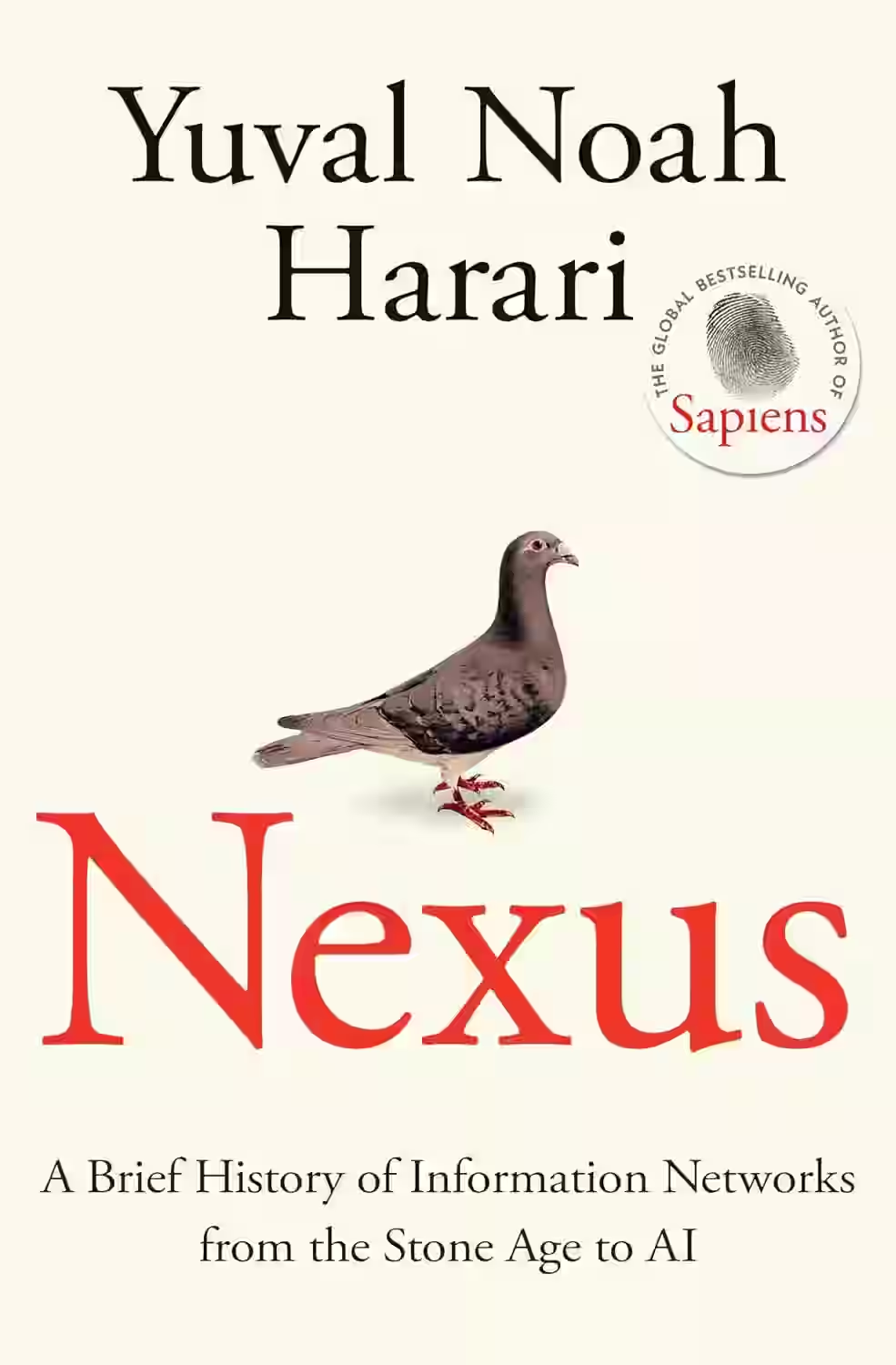
Nexus
In a future where mind-enhancing nanotechnology connects brains like apps, a young scientist develops Nexus 5, a powerful upgrade that could revolutionize human evolution—or destroy it. Caught between shadowy government forces and post-human extremists, he must navigate a dangerous world of espionage, ethics, and power struggles. Fast-paced and thought-provoking, Nexus explores the limits of human potential and the morality of scientific progress in a near-future thriller that blends cyberpunk and biotech with philosophical depth.
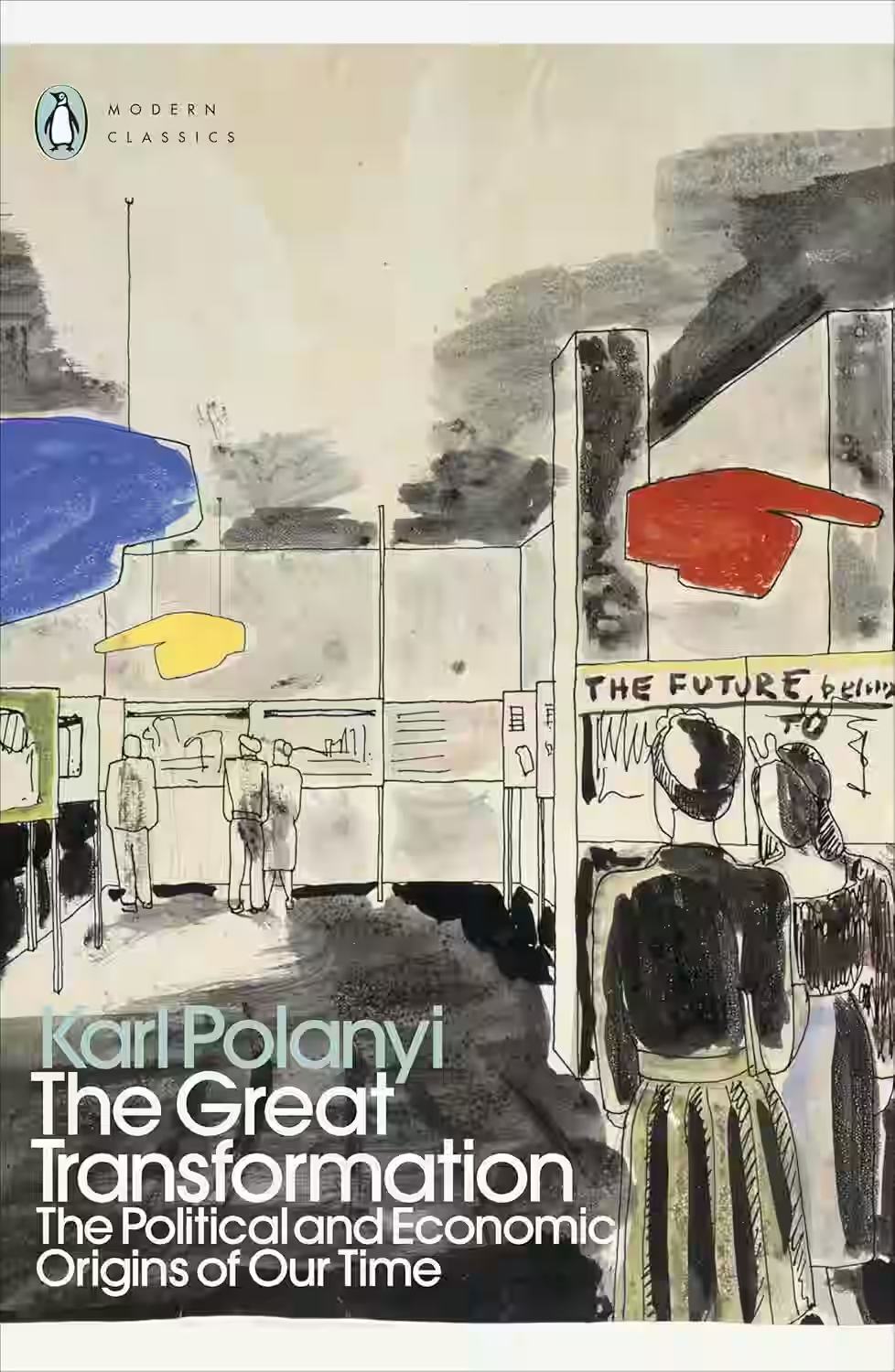
The Great Transformation
by Karl Polanyi
In 'The Great Transformation' by Karl Polanyi, the author dissects the roots of modern society's economic and social structures. Through a historical lens, Polanyi examines the shift from traditional to market economies, delving into the consequences of this transformation on individuals and communities. He argues that the commodification of land, labor, and money has led to widespread social dislocation and environmental degradation, presenting a thought-provoking critique of capitalism. With compelling insights and thorough research, Polanyi challenges readers to rethink prevailing economic ideologies and consider alternative models for organizing society. This seminal work remains relevant in today's discourse on economic inequality and sustainability.